Although there are numerous reports (mostly anecdotal) regarding the possible advantages of microdosing, quantifiable experimental data about the effects of microdosing on cognition has been insignificant to date. However, this does not imply that the practice cannot be backed by real science. Several microdosing studies over the past few years have made significant contributions to what we know.
Current Microdosing Research
James Fadiman conducted one of the first microdosing studies and popularized the subject in his 2011 book The Psychedelic Explorer's Guide.
Fadiman gathered reports from leading psychonauts who were already experimenting with microdosing over the course of five years. In his research, published in January 2016, Fadiman revealed that some people were able to successfully treat drug-resistant anxiety and depression with extremely small doses of psychedelic substances. Some of the respondents also mentioned favorable effects at work, such as improved productivity and enhanced creativity.
This was a commendable effort — research has to begin with something — however, as indicated in the study's title itself, "without approvals, control groups, double blinds, staff, or financing," it was more akin to a casual survey than an actual scientific research.
Two years later, the Nordic Studies on Alcohol and Drugs journal published a study from the University of Bergen that presented data from interviews with 21 people who practiced microdosing. Participants reported positive effects for the most part, including improved creativity, awareness and mood. Even more so, the reported effects seemed “to mitigate various symptoms, especially those associated with anxiety and depression.”
However, not all participants had a positive or beneficial experience. Some reported difficulties with microdosing, and some abandoned it altogether after trying once or twice.
The study’s participants were mostly in their 30’s with stable jobs and relationships, and with some previous experience of taking psychedelic substances. And although the results were highly favorable to microdosing and very much encouraging further research, the researchers emphasized that the study was observational in nature and therefore they are not generalizable.
Then came the first ever randomized, double blind, placebo-controlled microdosing trial, published by the Psychopharmacology journal. The study comprised of 48 adults who were given three microdoses of LSD, and examined the effects on their perception of time.
Researchers recorded the drug’s subjective effects and ran tests to examine the participants’ correct perception of miniscule time intervals.
While LSD microdoses did not produce any significant effects on subjective consciousness elements such as perception, mentation or concentration, there was a constant over-reproduction of temporal intervals starting at 2,000 milliseconds and up. Hence, while microdoses of LSD are usually sub-perceptual, this practice can still have an effect on the perception of time.
The next study published in Psychopharmacology journal examined the effects of microdosed psilocybin on healthy adults’ mental cognition. Researchers tested 38 volunteers who participated in a microdosing gathering organized by the Dutch Psychedelic Society by presenting problem-solving tasks that required creative thinking followed by a standard fluid intelligence test, before and after the administration of microdoses.
The findings showed that microdoses of psilocybin potential usually enhances creativity, especially in such elements as convergent and divergent thinking, but does not improve overall intelligence.
Studies Still Being Reviewed
These are published microdosing studies to date. However, there are several preprints that were published in late 2018. Preprints are scientific essays pending formal peer review before being formally published. Preprints provide a peek of future study trends.
One such preprint encompasses two independent studies. The first study documented the reports of 98 participants who took microdoses over a period of six weeks.
In that study, participants were ask to rate different psychological functions on a daily basis, such as mood, attention, well-being, mystical experiences and creativity. An analysis of the data showed an overall increase in all measures of psychological functioning on days in which participants microdosed, with very little evidence of residual effects on the following day.
Participants also reported being less depressed and stressed, less distracted, an enhanced focus, and a minor increase in agitation or negative emotions, which may be due to an overall increase in experienced positive and negative emotions in microdosing periods.
The second study served to obtain a better understanding of the above findings, by examining pre-existing beliefs and expectations regarding microdosing. This study comprised 263 new and experienced microdosers, all of whom believed that microdosing would result in significant and varied benefits as opposed to the limited actual outcomes as reported by microdosers.
The second preprint claims to be the first study to examine microdosing psychedelics and their effects on mental health. Researchers gathered data from 909 microdosers, presently and in the past, who were approached through social media and online forums. A survey analysis showed that respondents had lower overall scores on indices of dysfunctional attitudes and negative emotions and higher on wisdom, open-mindedness and creativity compared with a control group who did not microdose.
Present and Future Studies on Microdosing
Additional microdosing studies are underway. A singular LSD microdosing study conducted lately is employing a unique self-blinding protocol to gather data over a period of one year from respondents around the globe. The study welcomes anyone, provided that they can supply their own LSD. Once the data is gathered, researchers seek to gain a better understanding of microdosing in terms of increased perceived well-being and cognitive functioning in healthy subjects, and whether or not it may cause negative effects such as anxiety and depression.
A final study, still to come, seeks to examine the effects of microdosing on mood (depression, anxiety and vitality), cognitive functions, creativity and overall well-being. In addition to an ordinary set of cognitive tasks coupled with mood and well-being questionnaires, participants will play the ancient Chinese game of Go (a strategy board game) against a computer to assess the effects of microdosing on insight.
Conclusion
The research on microdosing has only just begun, but studies show promising results regarding the safety and efficacy of psychedelics administered under a microdosing protocol. With preprints are under review and additional studies underway and planned, the near future will shed significant light on the science behind microdosing.
With some effort by researchers, in a few years we’ll enjoy a much more significant knowledge base in this field. In the meantime, research to date has demonstrated the promising benefits (and some negative effects) of proper microdosing.



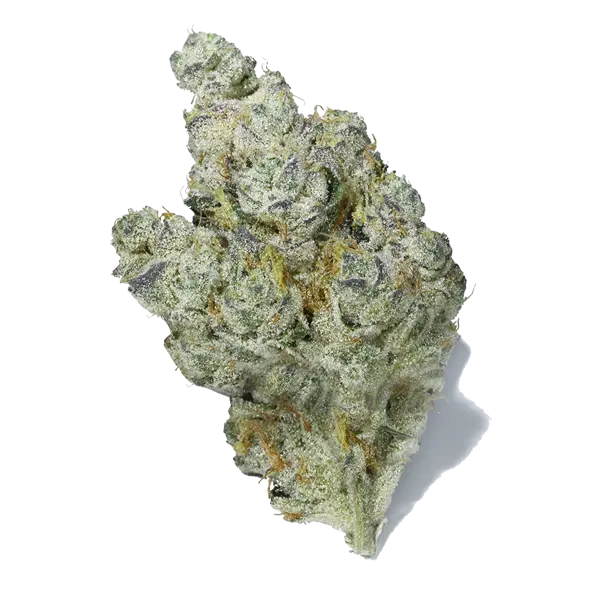
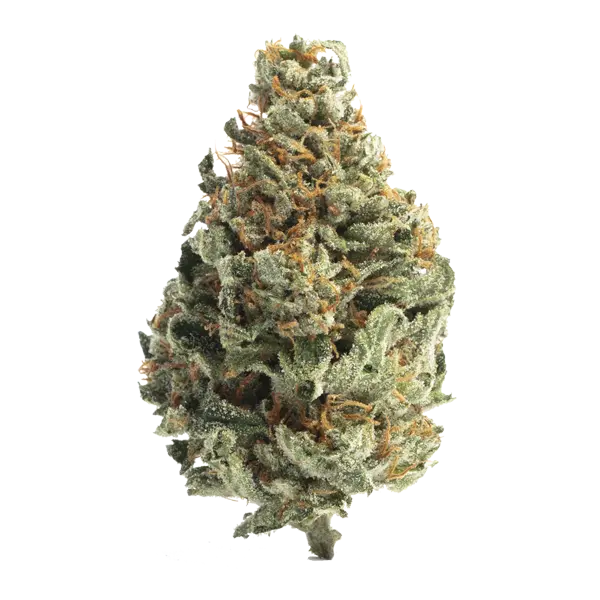
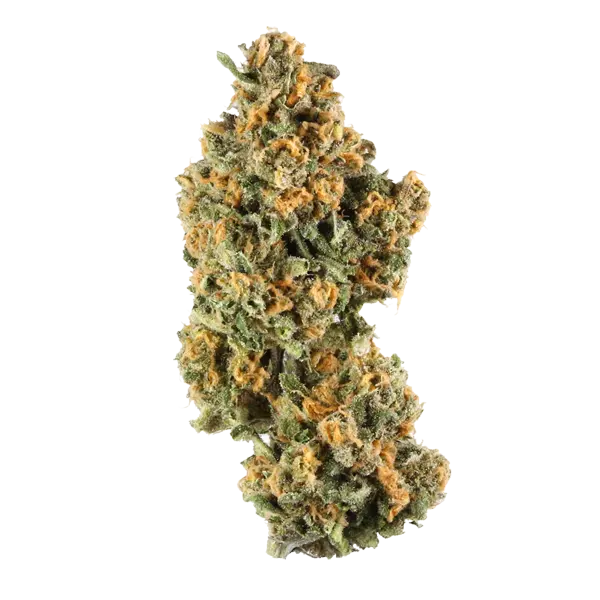

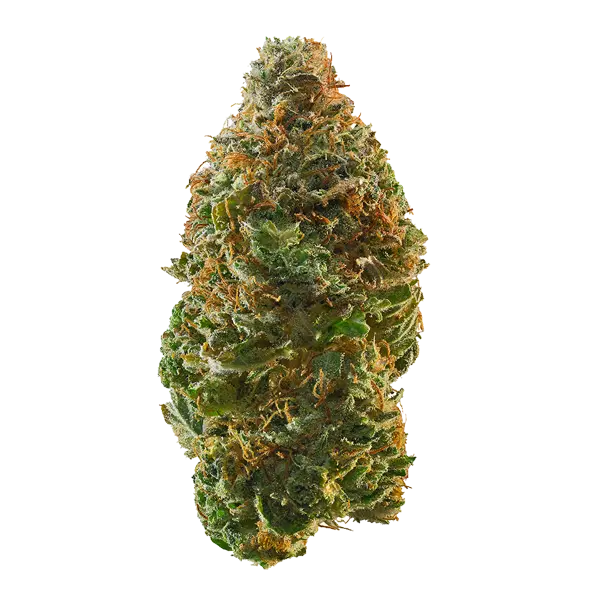

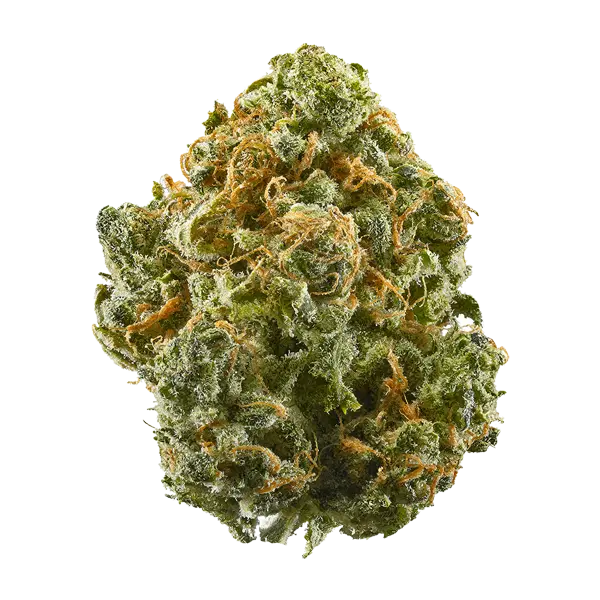

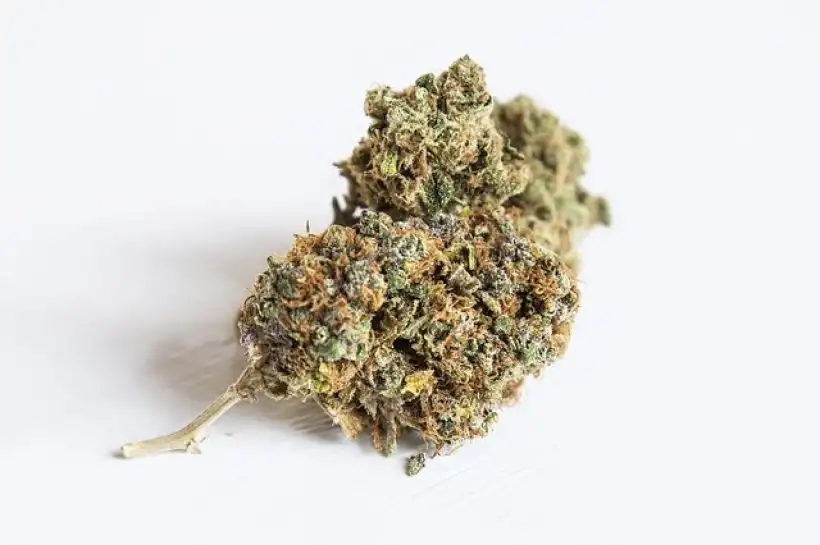





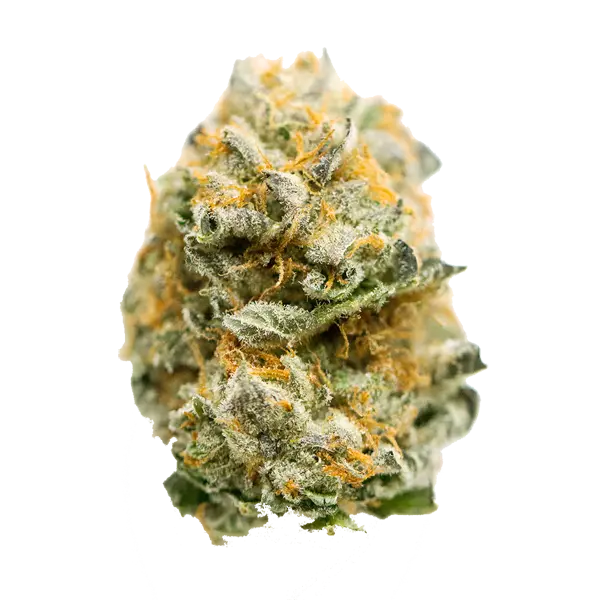
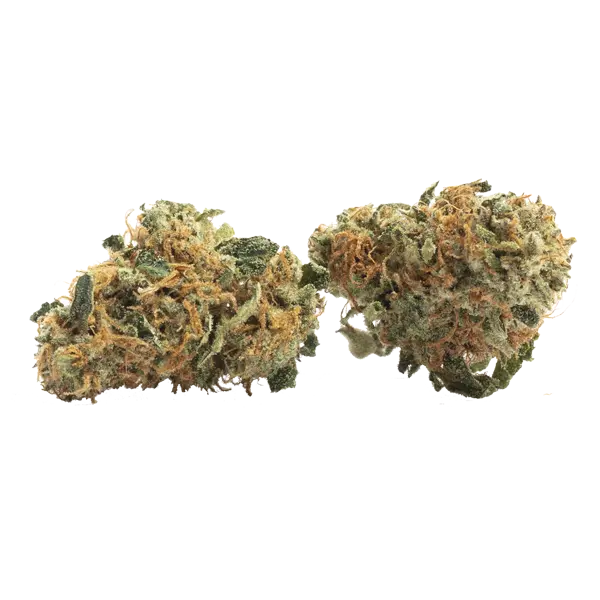
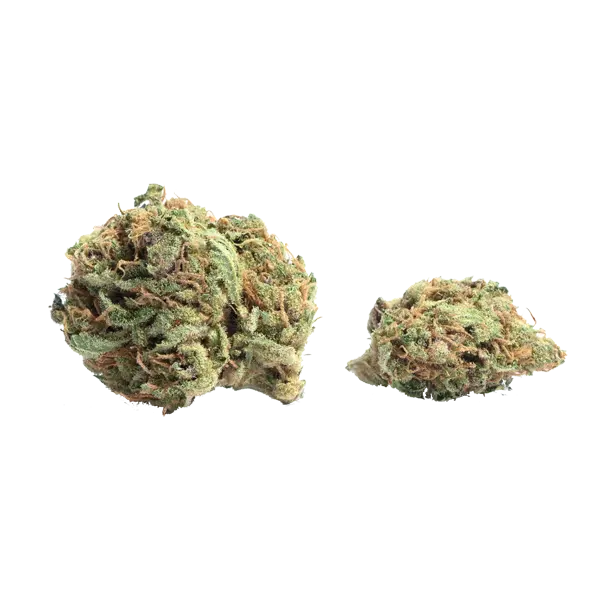







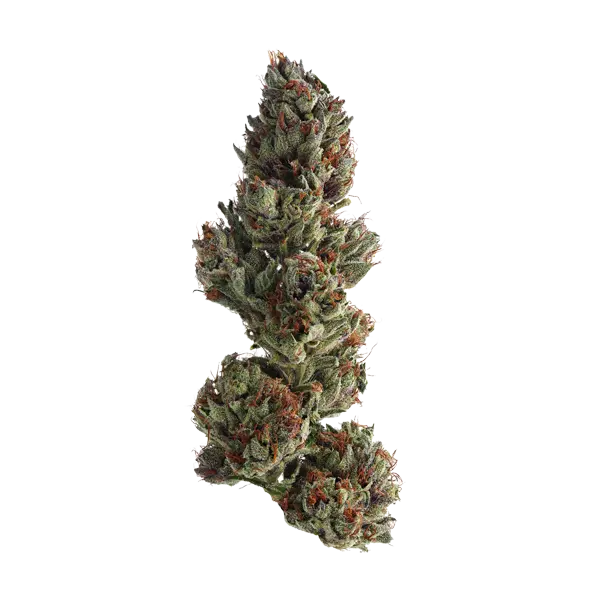



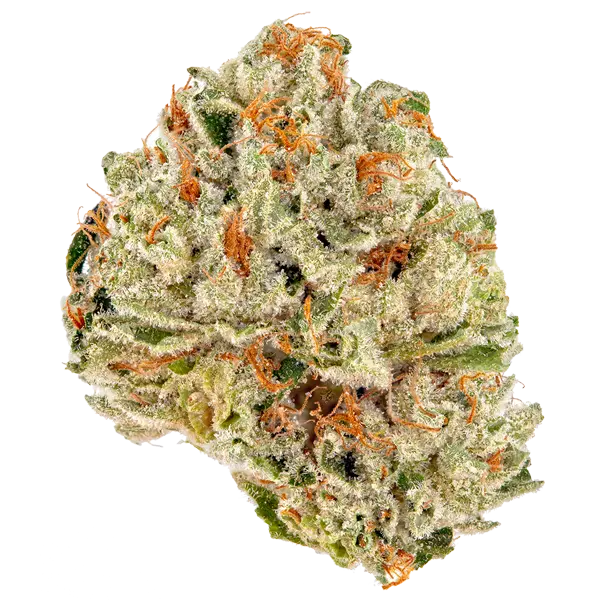
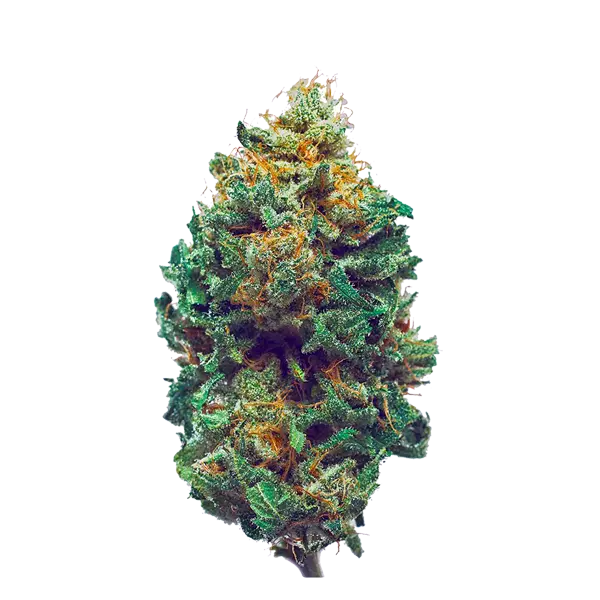
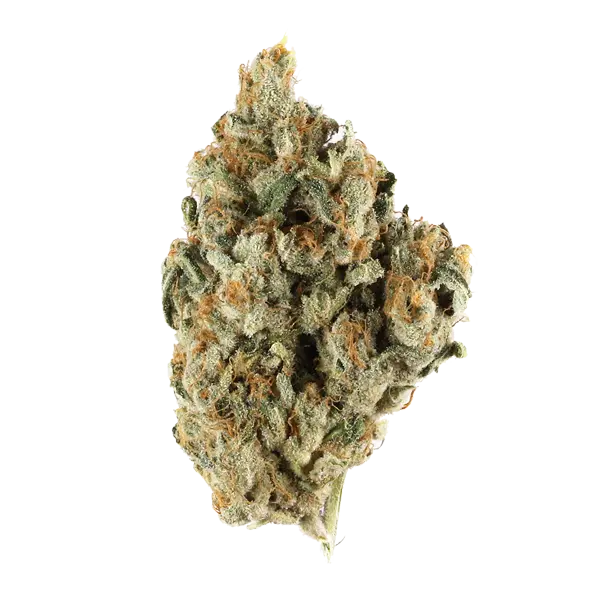

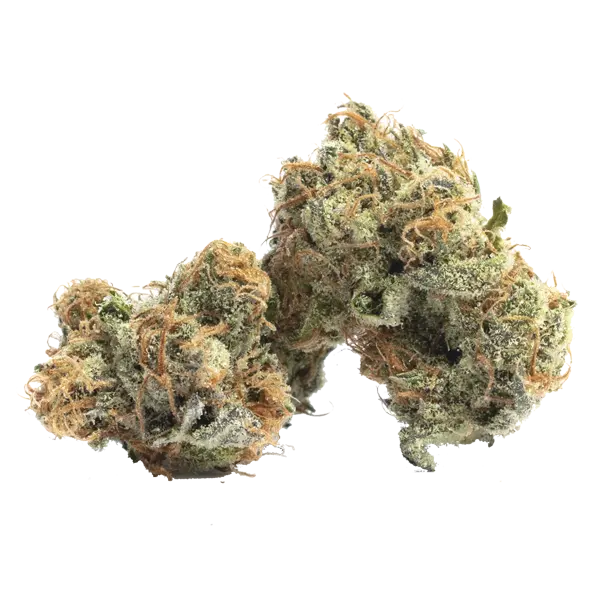
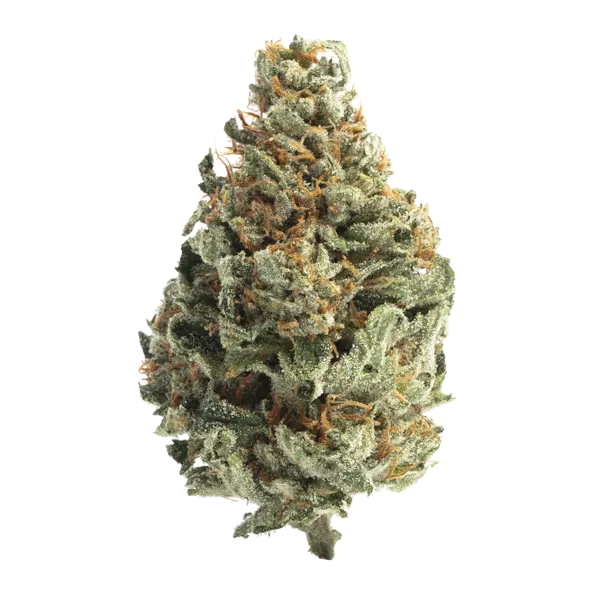
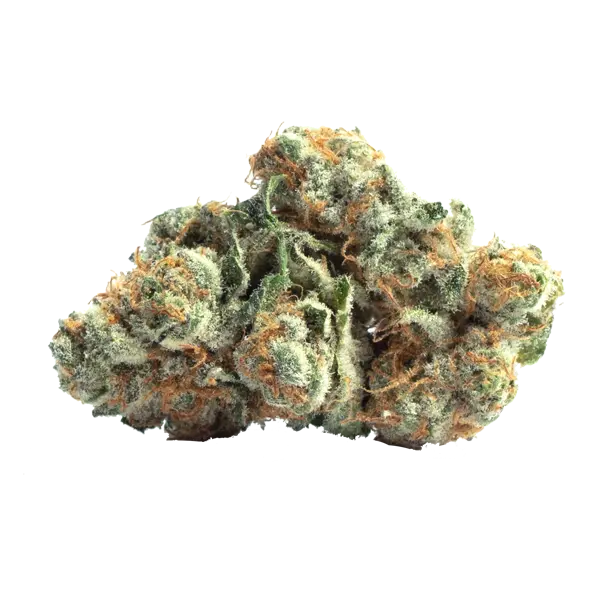
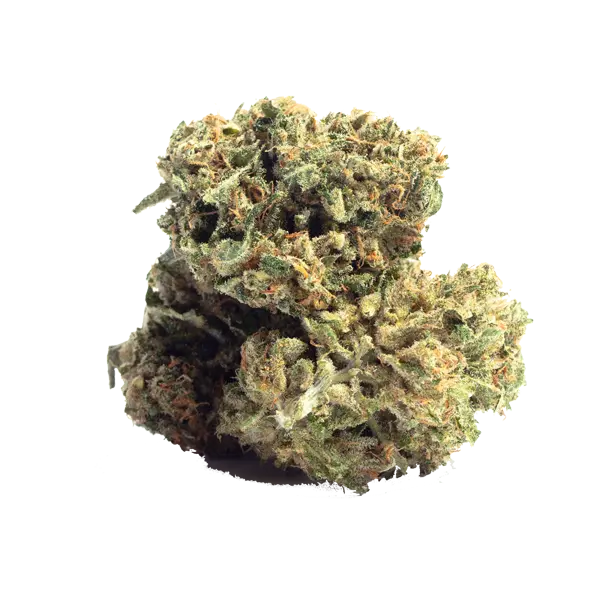
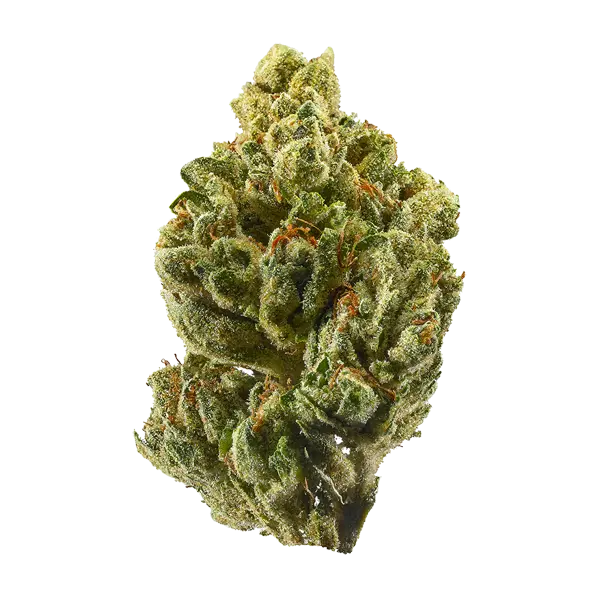
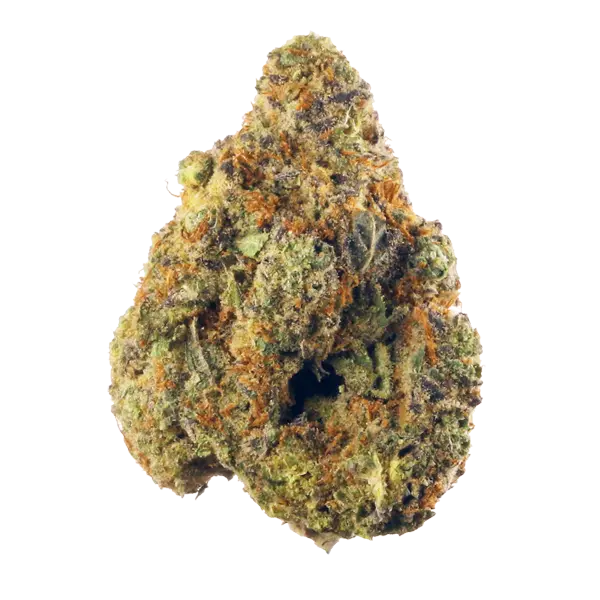
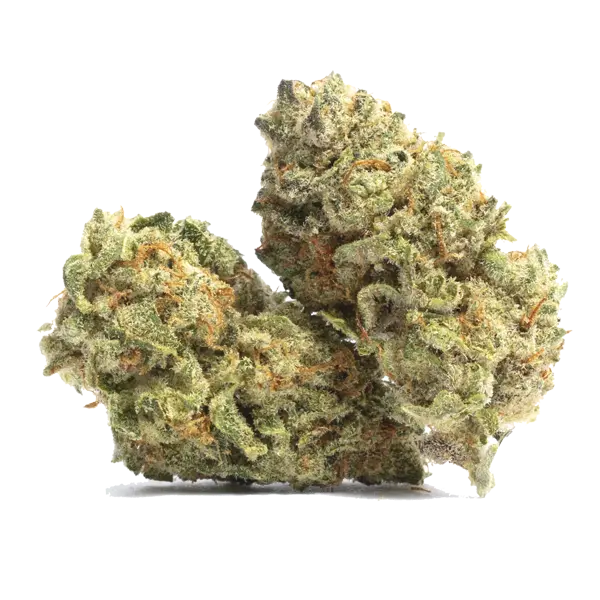
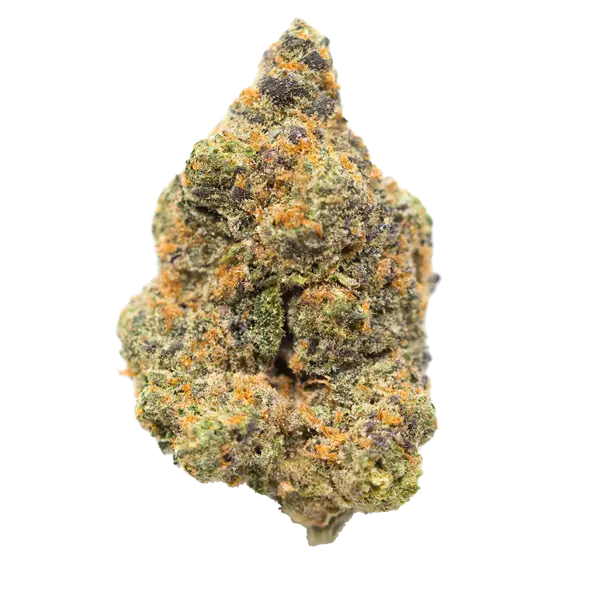
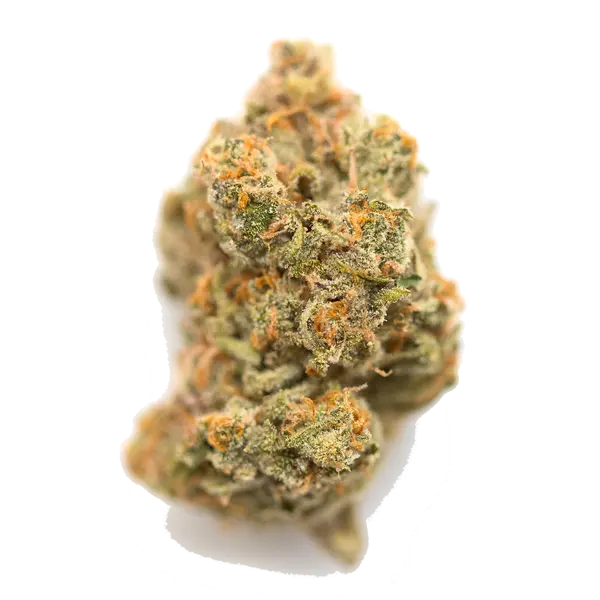
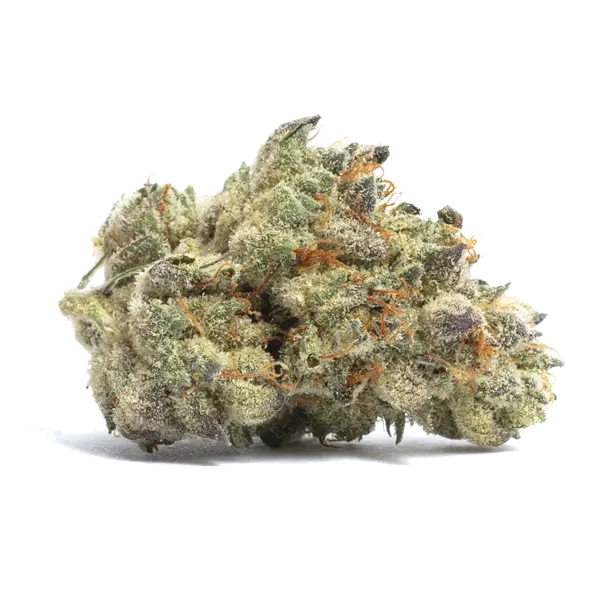
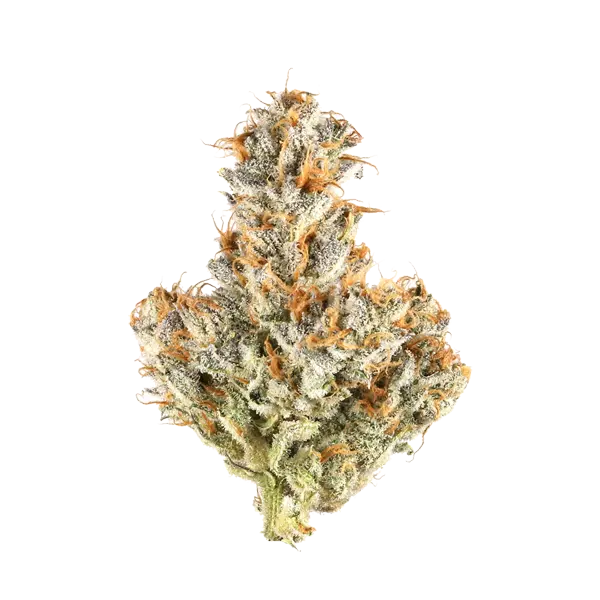















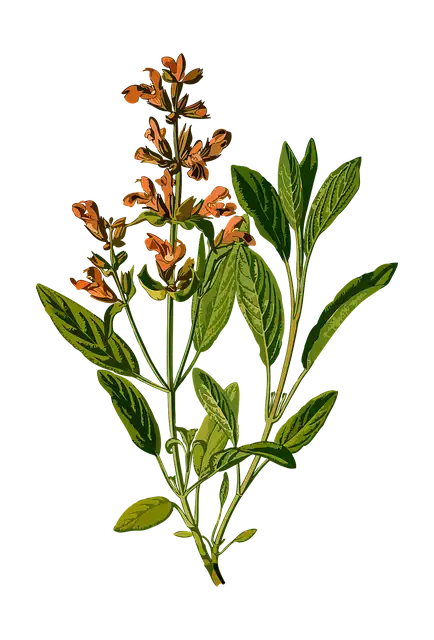

 Anandamide: The THC of the Human Body
Anandamide: The THC of the Human Body Microdosing LSD
Microdosing LSD








